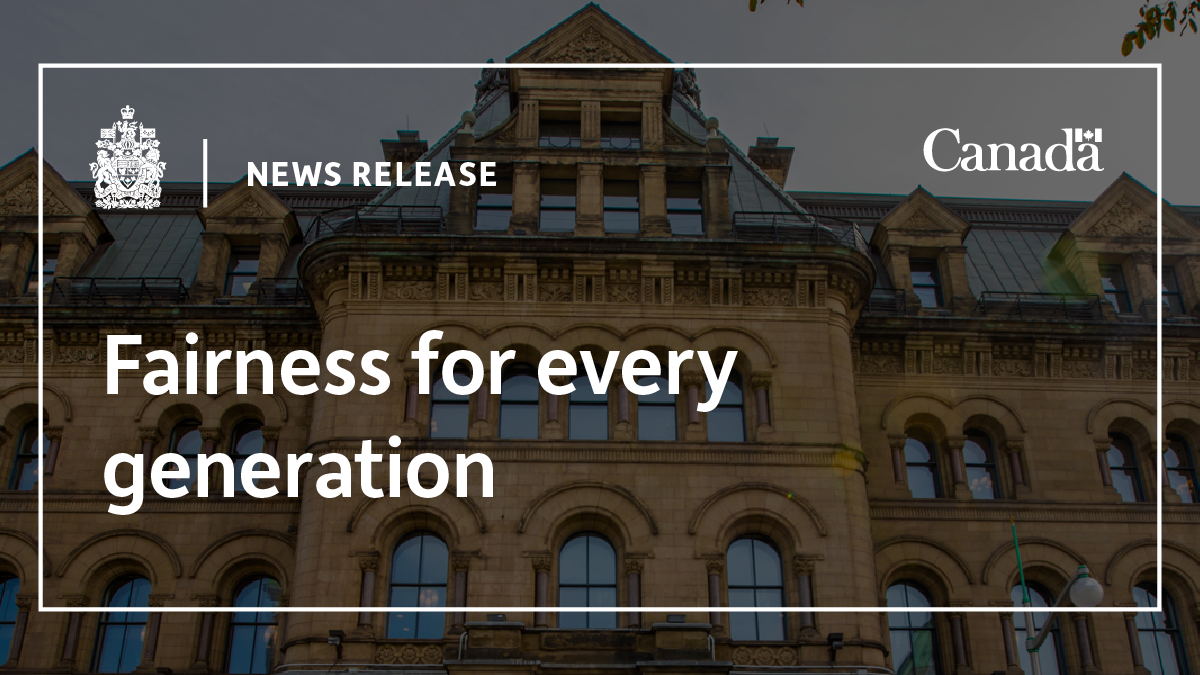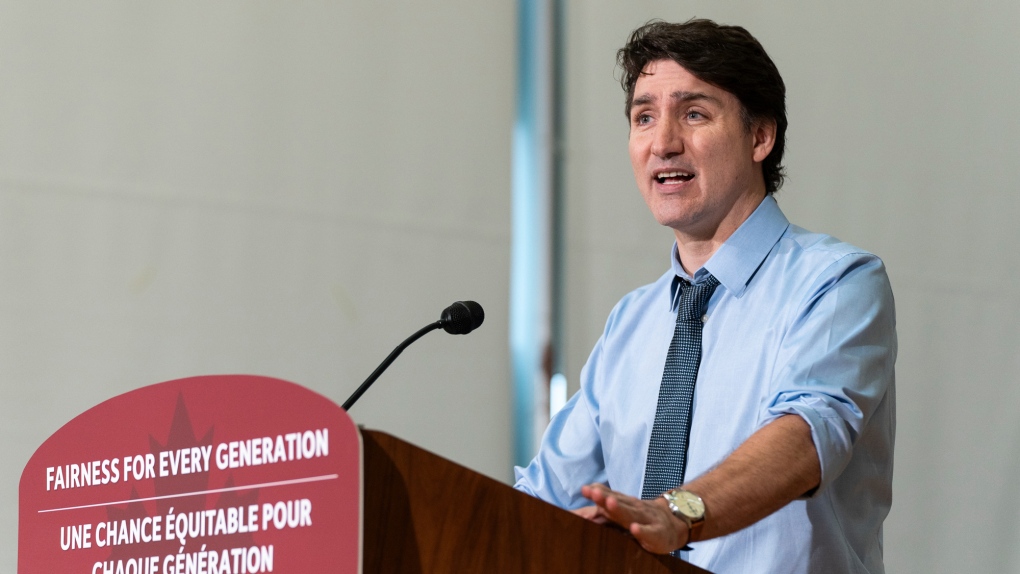I mean does it matter if the Liberals have already allowed the caps to be violated in practice?
IMO see two important elements that have led us to this point of infinity immigration as 1.)Immigration advocates/lawyers (immigration industry), the total belief in 'immigration' (reduced to a sacred inherent good), and immigrants (who vote in blocs and want family reunion)—which deflects criticism of mass immigration to a debate in the margins while entrenching it in society/politics, and 2.) Businesses (big and small)—who want to bypass actual productivity investment by instead destroying the value of labour and thereby suppressing worker wages.
Though these might seem to be politically opposed (liberal- vs conservative-coded), they both work hand-in-hand. The Star might publish some sob-stories about 'the poor immigrants



' and the National Post might whine about the birth rate and the lack of 'skilled labourers', but the net result is about the same.
Ironically, infinity immigration is also mortgaging out a country's reputation in exchange for warm bodies, many of whom are instead disappointed to find themselves stuck tending these minimum-wage jobs instead of the dream they were promised. This ultimately destroys a country's reputation as a destination for skilled immigration (especially as the Global South begins to offer more opportunities to these individuals to stay home), and instead increasingly relegates immigration to the realm of low-skill labourers and refugees.
Likewise, infinity immigration and the societal waves it brings has a strong chance of prying apart the monolith that is the total belief in immigration, and reintroduce discourse into the actual pros and cons of mass immigration. Perhaps a few more cycles from now, a prospective PM supporting dramatically reduced immigration might no longer be courting political suicide—but at what cost?
Housing Crisis, Packed Hospitals and Food Lines: Even in Canada?
From Montreal to Vancouver, some residents are losing faith in a longstanding social safety net that is central to the country’s identity.
27 March 2024 at 10:00 GMT-4
Canada is growing faster than any other Group of Seven nation, China or India, thanks to welcoming immigration policies intended to be a solution to falling birth rates. As longtime residents and newcomers alike struggle to meet their basic needs,
there are growing worries about nascent anti-immigration sentiment.
[...]
The net result runs counter to the country’s longstanding vision of itself as a rich nation with a robust system of social supports that celebrates diversity and has historically relied on immigration as a pillar of economic growth. Although prone to exaggeration, it’s an ideal that has, nonetheless, long been part of Canada’s international brand, especially in comparisons with the US.
Before she left India, Thakur considered studying in the UK, Australia and the US but says she chose Canada because it seemed to offer the best long-term prospects for success. Although grateful for the opportunities that do exist, she says she wishes she’d chosen differently, and housing is a big part of why.
“My friends are calling, and they’re crying: ‘Is this the way a human lives?’ Excuse me, they’re living like animals.”
From Toronto to Vancouver, some residents are losing faith in a government social safety net that is central to the country’s identity.

www.bloomberg.com









